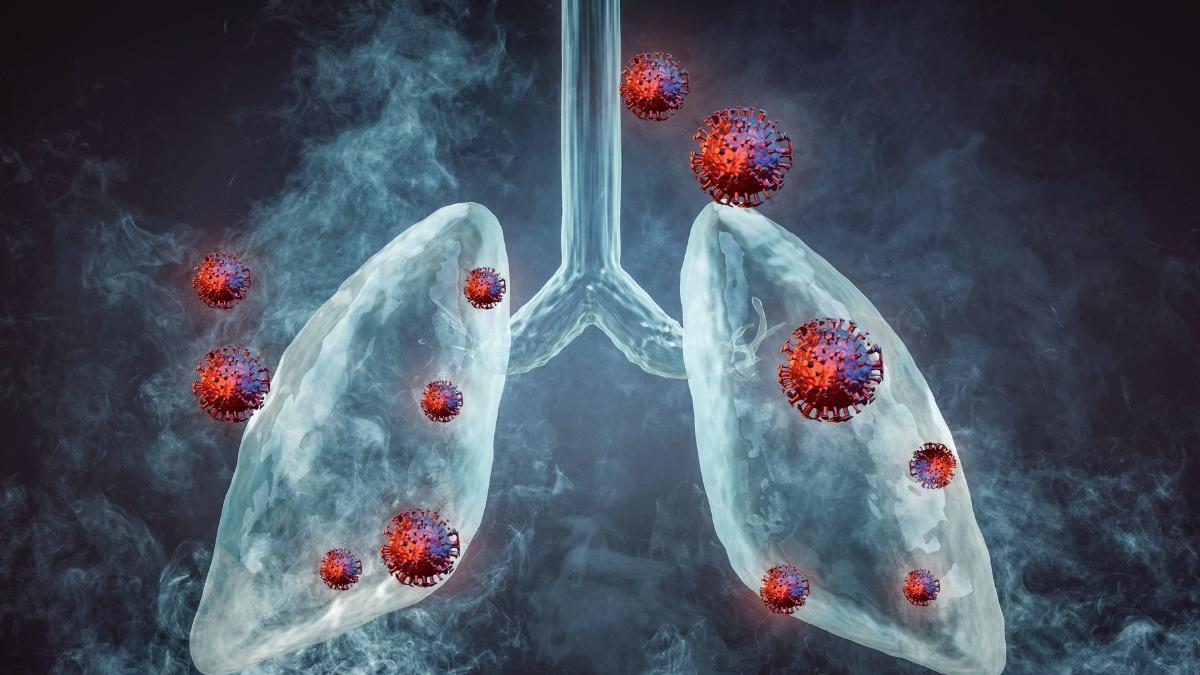New UK study shows RSV vaccine for pregnant women significantly reduces infant hospital admissions for severe respiratory infections like bronchiolitis
London: A new study has shown that vaccinating pregnant women against respiratory syncytial virus (RSV) is linked to a marked decrease in the number of newborns hospitalised with severe lung infections.
The RSV vaccine, introduced in the UK during late summer 2024, has been associated with a 72% fall in hospital admissions for infants whose mothers received the vaccine. The research, published in The Lancet Child and Adolescent Health, is the first real-world analysis of the vaccine’s effectiveness among pregnant women in the UK.
Experts say that increased vaccine uptake among expectant mothers could ease the burden on hospitals each winter by lowering the number of babies falling seriously ill.
RSV is a widespread virus that typically causes mild symptoms like coughs and colds. However, in babies, it can lead to bronchiolitis — a serious lung infection that sometimes requires intensive care. It remains the leading infectious cause of infant hospitalisation both in the UK and globally.
The research team, led by the Universities of Edinburgh and Leicester, recruited 537 babies across England and Scotland who had been admitted to hospital with severe respiratory disease in the winter of 2024-2025, the first season of vaccine implementation. 391 of the babies tested positive for RSV.
Mothers of babies who did not have RSV were two times more likely to have received the vaccine before delivery than the mothers of RSV-positive babies – 41 per cent compared with 19 per cent.
Babies whose mothers received the vaccine more than 14 days before birth saw the greatest benefit, with a 72% drop in hospital admissions. A 58% reduction was seen in infants whose mothers were vaccinated at any time prior to delivery.
Experts advise that the vaccine should be administered from 28 weeks of pregnancy to allow the mother time to produce and transfer protective antibodies to the baby. However, the jab remains effective if given any time up to birth.
IANS
Subscribe to our Newsletter
Disclaimer: Kindly avoid objectionable, derogatory, unlawful and lewd comments, while responding to reports. Such comments are punishable under cyber laws. Please keep away from personal attacks. The opinions expressed here are the personal opinions of readers and not that of Mathrubhumi.
